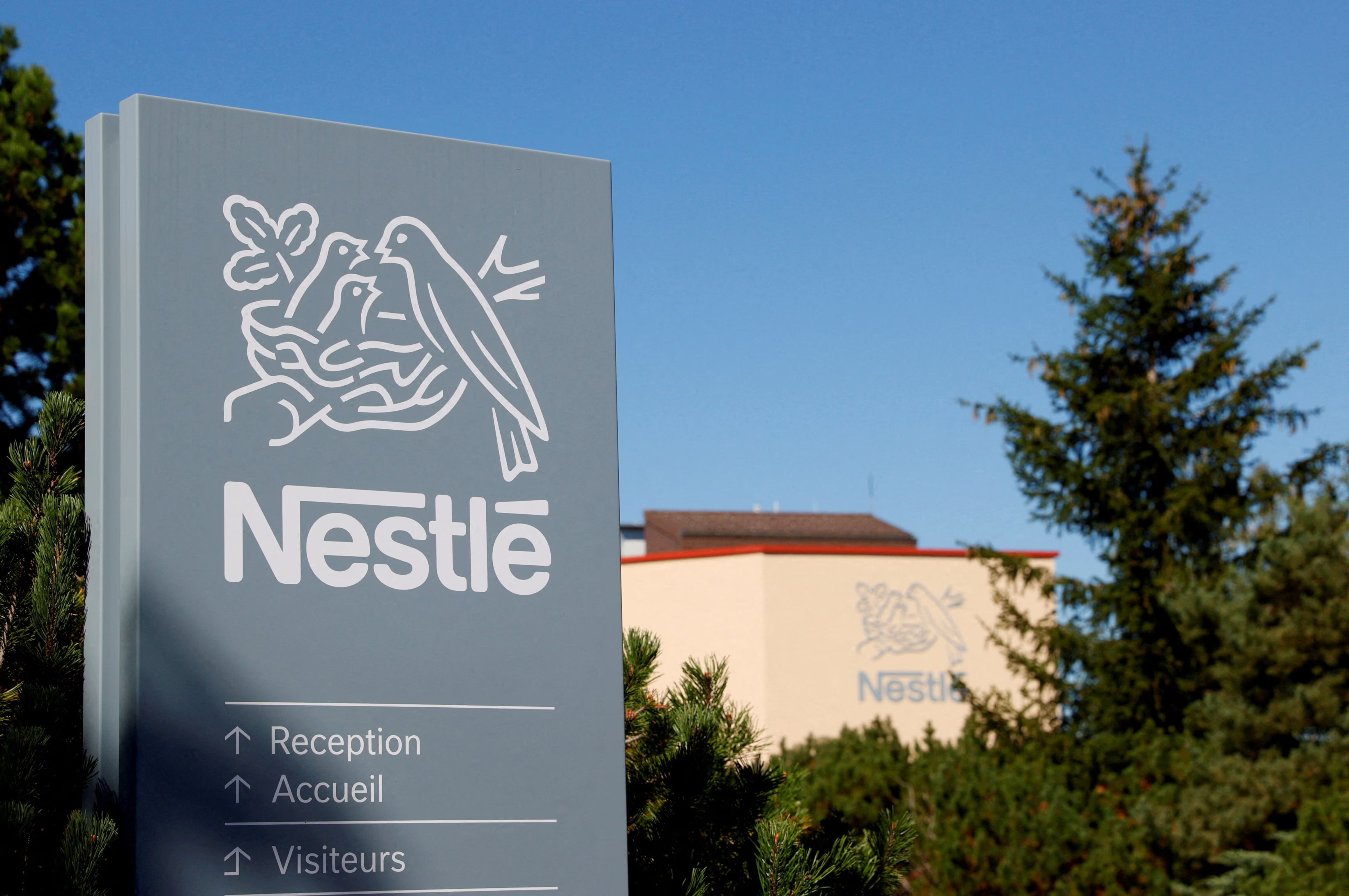Nestlé Supports Flexible Plastic Food Packaging

Image Credits: Nestlé
Nestlé has faith that it is conceivable to promote a gathering approach for flexible plastics, but this method needs a unified and cooperative approach between businesses, institutions, and customers. The growth of local substructure in the unified discrete collection structure, as well as substitute arrangements.
RetuRO, which has been effectively realized for beverage packing, proves that a well-structured arrangement, maintained by a suitable legislative outline, can bring noteworthy consequences in terms of the collection and recycling of packing surplus. To grow an arrangement that also works for flexible plastic, numerous important phases are required. First, the formation of a clear legislative outline that helps the gathering and recycling of these resources and then the growth of the collection structure through association between the private segment, gatherers, recyclers, OIREP-type accountability transmission administrations and public management, joined with education and data operations to increase consciousness among customers and simplify correct distinct assortment. To these would be further funds in the actual giving out, washing, and recycling skills to safeguard the reprocess of flexible plastic in the economy, as well as helping the formation of a market for this kind of recycling and growing the demand for flexible plastic packaging excess.
Nestlé has observed an amplified interest among people in the careful assortment of polyethylene packaging and various other types of flexible plastic are utilized mostly in the food sector, attention that is essential in the context of the continuous upsurge in recycling goals and the growth of the reusability guarantee arrangement. Flexible plastic packing, when not composed and recycled appropriately, can have an important impact on the atmosphere. It often ends up in landfills, where it reduces very gradually, causing water and soil pollution. Also, in the absence of operative collection structures, these resources can end up in the countryside, affecting biodiversity and ecosystems. In this situation, customer education and the growth of operational recycling resolutions are important to decrease the ecological footprint of this packing. Nestlé takes a dynamic role in this method, capitalizing on sustainable resolutions and associating with applicable partners to generate a functional and effective separate collection and recycling structure.
Corporate Affairs Manager, Nestlé Romania, Irina Siminenco, expressed, Nestlé is committed to contributing to a more sustainable future, and reducing the impact of packaging on the environment is a strategic priority. Polyethylene and other flexible plastic packaging are essential materials for the protection of our products, ensuring food safety, but also pose a challenge in terms of mass collection and recycling. We have made massive investments at the group level to simplify multi-layer plastic packaging and transition to other types of environmentally friendly packaging (such as paper), but the problem of a lack of recycling capacity and adequate separate collection infrastructure remains an issue that needs to be addressed. Until then, Nestlé Romania has been actively involved in promoting selective collection through consumer information and education campaigns, collaborations with authorities, retailers, NGOs, and industry partners.”
Top Stories
- A Simple Guide to Understanding Benefits of Rigid Boxes
- A Packaging Guide for Artisanal and Handmade Product Brand
- UFLEX Expands PET Recyclable Woven Polypropylene Food Packaging to Mexico
- Tetra Pak Launches India’s First Carton Packaging with Certified Recycled Polymers
- PepsiCo Reinforces pep+ Strategy with Sustainable Packaging Goals
